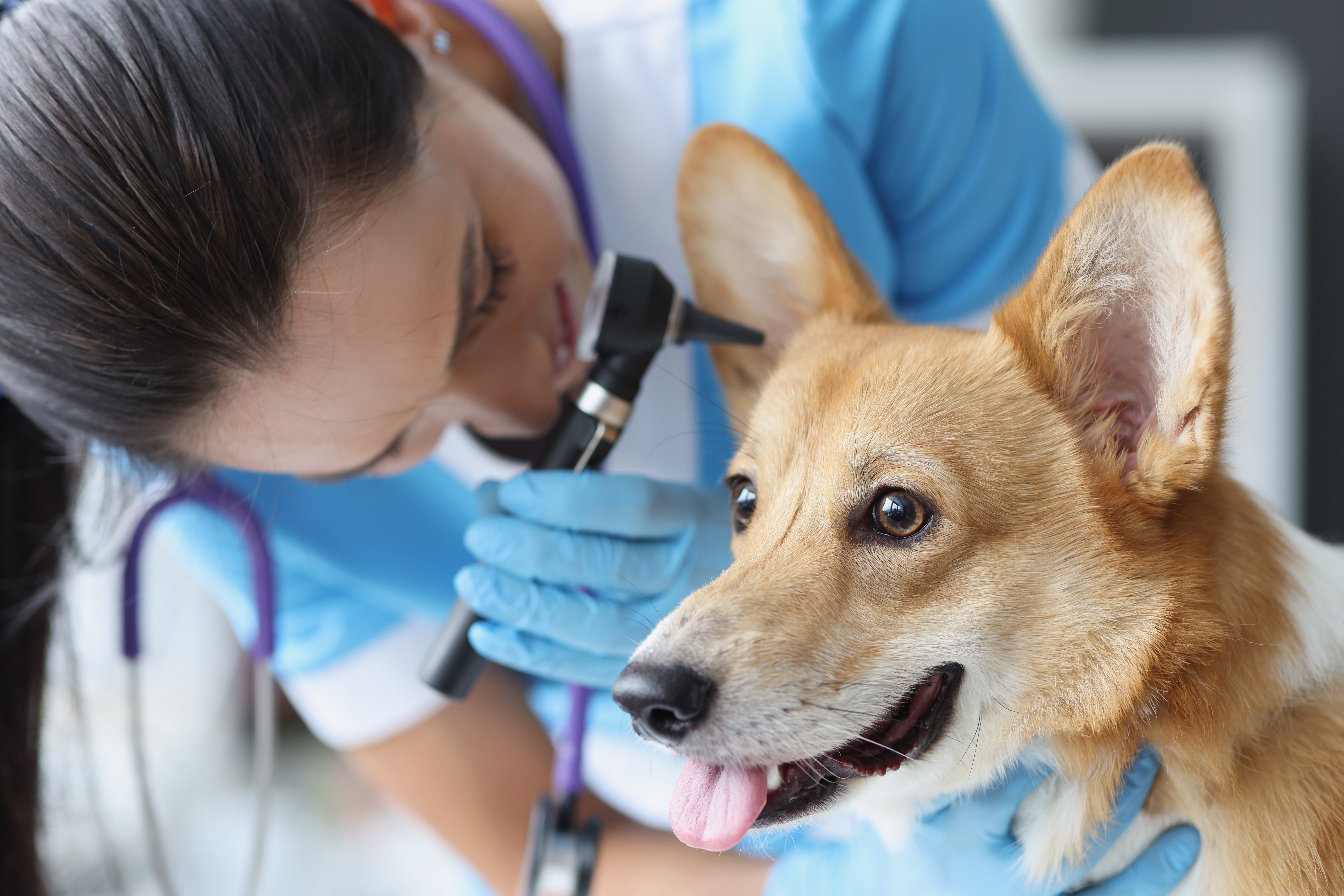Allergies are as common in dogs as they are in humans. They’re incredibly frustrating both for the owner and the pet, causing a lot of sleepless nights. Food allergies are among the more common types of allergies found in dogs, with around 10 percent of them allergic to a particular ingredient in certain foods. These trigger symptoms such as itchy skin, hot spots, and hair loss.
Avoiding the dog’s contact with such foods is the only way to deal with the problem. Here’s a list of common foods allergens that can cause unwanted problems in dogs.
Wheat
Being allergic to wheat is not surprising. Dogs initially lived in the wild and their diet mostly consisted of meat and plants, and that was enough to sustain them. So in that sense, wheat is somewhat new to dogs and a lot of their bodies might not be able to withstand it. If your dog is allergic to wheat, he/she might suffer from skin irritation or digestive issues. Behavioral changes are also possible and can help catch a wheat allergy.
Soy
Soy is another ingredient that isn’t broken down as easily in a dog’s digestive system. This triggers an immune response as such substances are seen as antigens. Symptoms like itching and stomach problems are then triggered and these intensify over time. Repeated intake of soy even after such problems can lead to larger and more serious issues, such as reproductive and growth problems, thyroid, and liver disease. Thankfully, an elimination diet is enough to treat a soy allergy, with symptoms disappearing after just 14 days.
Dairy
This allergy is somewhat difficult to track as many dogs suffer from lactose intolerance, which is a digestive reaction that causes diarrhea, bloating, and abdominal discomfort. The key difference between the two conditions is that a food allergy might cause other problems like skin irritation. Lactose intolerance, meanwhile, is entirely about the digestive system. Once you know that your dog is allergic to dairy, change his/her diet. If the problem persists, you must consult a veterinarian.
Lamb
A lot of dogs find it difficult to digest the protein in lamb. This triggers their body to produce antibodies against it, making them allergic to the food. Avoiding their contact with lamb is the only way to treat the problem.
Beef
Beef allergies are common among dogs. The protein in it is too dense for the dog’s stomach, causing digestive problems. Their immune system prepares a response to tackle the protein henceforth, which leads to skin reactions that are mostly centered around the face, groin, toes, and under the front legs. But removing beef entirely from the dog’s diet isn’t right either. So try and maintain a balance, using beef on a rotational basis. If the symptoms don’t subsideeven then, talk to a veterinarian.






